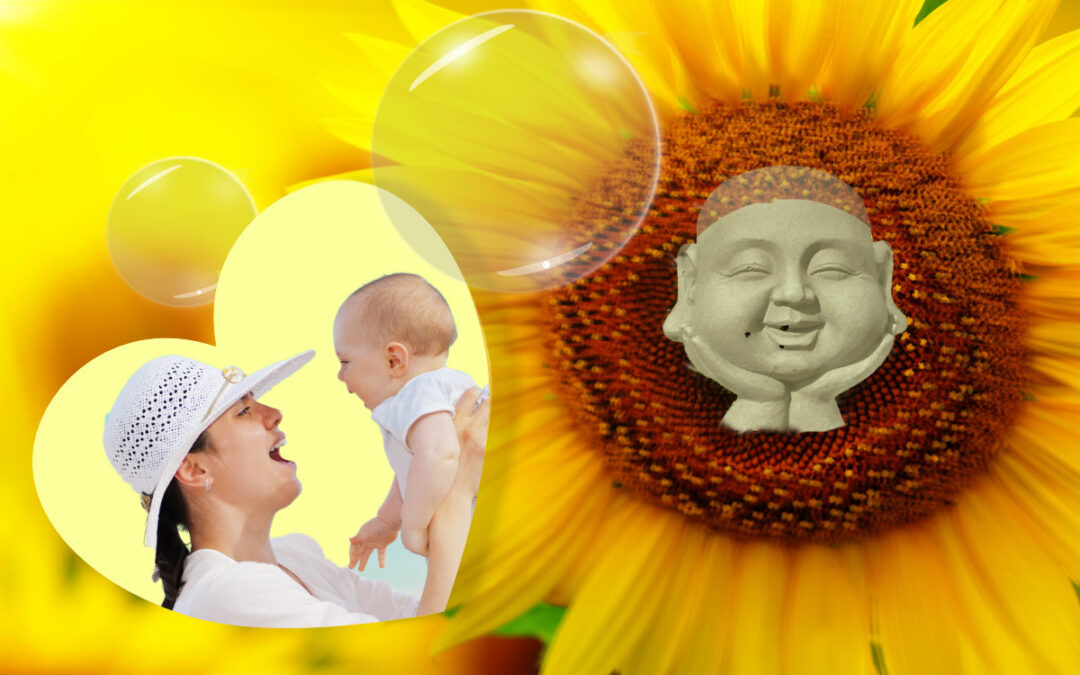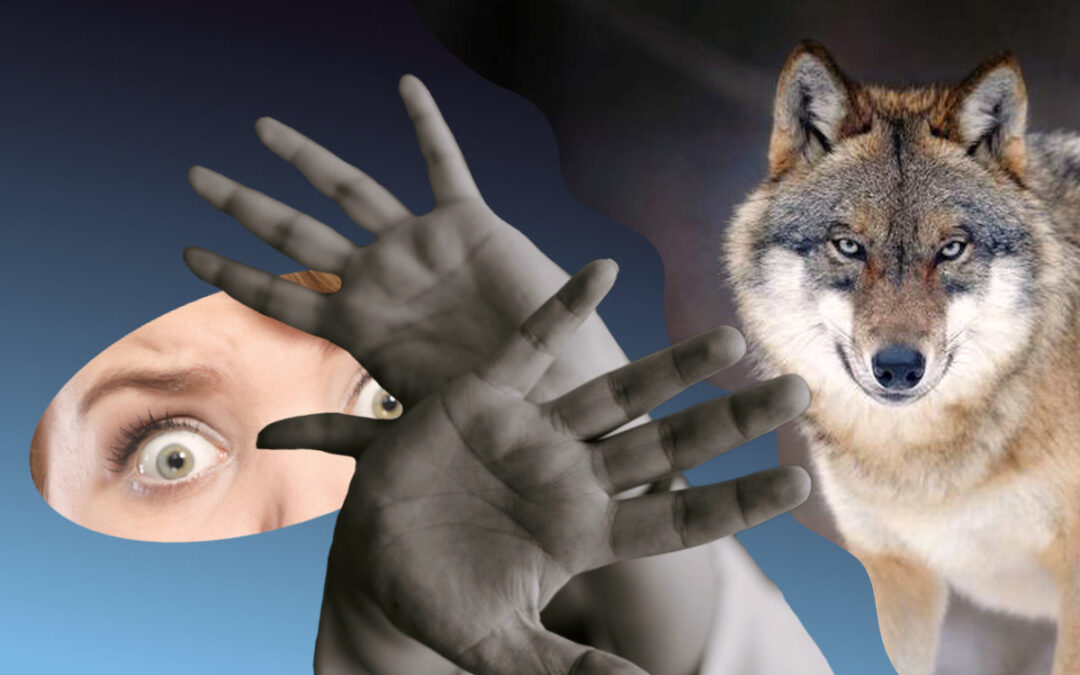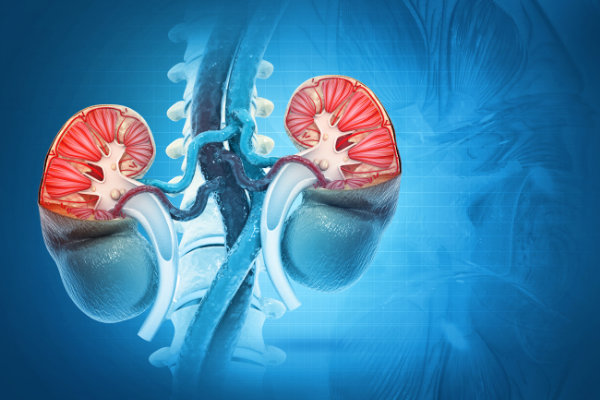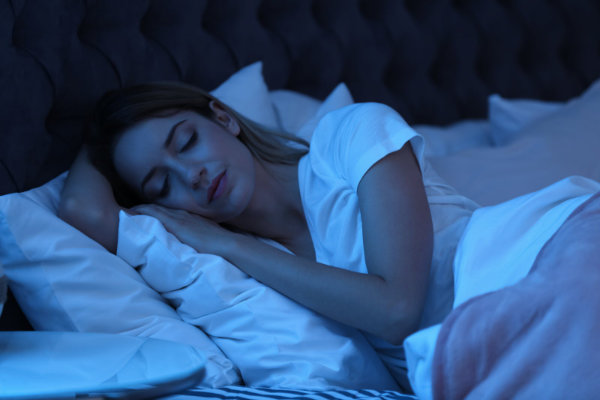
Jīng, essence of life
The key to health and longevity
Jing, or the essence of life, holds a primordial place. Indeed, in a world that no longer respects the natural rhythms of life, our health is compromised. The very fear of illness and death is detrimental to life. Yet, traditional medicines, like Chinese medicine, have taught us the foundations of health and longevity for thousands of years.
In Taoist culture, this quest for longevity even extended to the pursuit of immortality (see below). In this quest for health and longevity, Jing holds a central place. But what is Jing?
Jing (精) refers to “essence,” particularly the essence of the kidneys. Jing (along with qì and shén) is one of the three treasures (三寶, pinyin: sānbǎo) of traditional Chinese medicine (TCM).
Jing originates from two distinct sources: prenatal essence and postnatal essence.
Prenatal essence, or innate jīng, is inherited from the sexual essences of the father and mother. It is present from the moment of fertilization. It determines the child’s vitality, development, health, and immunity.
Postnatal essence, or acquired jīng, comes from the subtle essences extracted from food by the Spleen and from the air by the Lungs. These subtle essences can be compared to nutrients.
When postnatal essence is abundant, it is stored in the Kidneys, maintaining and nourishing the prenatal essence.

Innate jīng and acquired jīng
This jīng is therefore one of the three Treasures of TCM, according to which humankind can only exist if these three elements meet and combine:
- Shen, consciousness,
- Jīng, the essence of life,
- Qi, the energy of breath or metabolic activity.
-
Shen Maintenance and Qi Production
The Shen, this formless entity comparable to the soul, manifests its good health through its will and desire to live. Its vivacity is reflected in the brightness of its eyes.
The production of qi depends essentially on the proper functioning of:
- the lungs, which collect energy from the air,
- the spleen/stomach, which collects energy from food and drink
-
A vital capital
The “energy” capital of jīng is limited and non-renewable. Only acquired jīng can be maintained and cultivated.
Its presence is essential to life. After puberty, this essence controls reproductive function and fertility. It governs the body’s growth processes such as the development of bones, teeth, and hair. It also plays a role in mental clarity. Jing moves the human body through the different stages of life: birth, childhood, puberty, motherhood, maturity, and old age.
The Kidney Essence conditions a person’s entire life: from growth during childhood to maturity as an adult. It is essential later, when illnesses may arise, until death. More generally, we can say that vitality and longevity come from the Essence. Our health, balance, well-being, and longevity depend on this capital: its depletion leads to death!
As the body ages, the jīng, inherited at birth, gradually depletes. This loss of jīng is accelerated by stress and overwork, emotional excesses, distraction, drug, tobacco and alcohol abuse, illness, injury, poor diet, and sexual immoderation.
Strong jīng or weak jīng?
The Kidney Essence conditions a person’s entire life: from growth during childhood to maturity as an adult. It is essential later, when illnesses may arise, and even death. More generally, we can say that vitality and longevity come from the Essence.

The loss of jing leads to physical and mental degeneration. Conversely, a strong jing promotes a long and vibrant life.
In traditional Chinese medicine, jing is therefore considered very important for longevity. Jing can be preserved and even strengthened by:
- Adequate rest
- Meditation
- Qigong practice
- Herbal tonics
- Acupuncture treatments
To preserve jing, it is also important to practice gratitude, kindness, compassion, generosity, and avoid emotional excesses. Cultivating one’s jing therefore allows one to live healthier and longer.
Longevity through Taoist practices
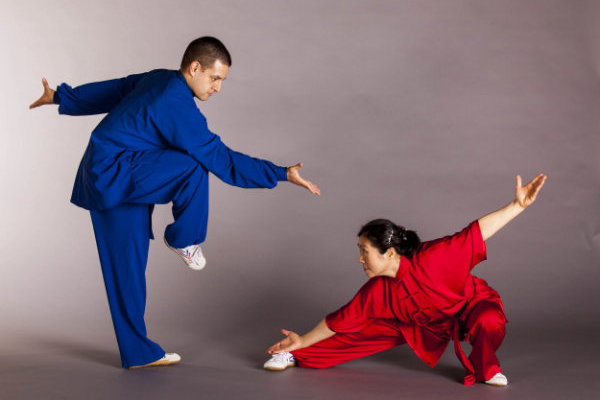
Longevity in Taoism is practiced on two levels: bodily longevity on the one hand, and on the other, a more spiritual work that consists of strengthening the part of the mind that does not die.
The bodily part is called the work of “Mìng” or Destiny. The work of the mind is called “Xìng” and encompasses a dual process: the work of Xīn (heart-mind) and Shén (consciousness). The complete practice is called “Xìng Mìng shuāngxiū,” which can be translated as “joint practice of Xing and Ming to unify them.”
The “Ming work” thus consists of preserving the body as much as possible to allow Xing to become aware of itself. This practice therefore encompasses all the physical aspects of internal martial arts (Bāguàzhǎng, Taiji quán, xíng yì quán, liùhébāfǎquán, Qigong, etc.). It also incorporates diet and proper management of all bodily rhythms, particularly sleep.
Xin work involves psychological introspection aimed at uncovering all the mechanical and automatic aspects of emotions. Indeed, these chain us to repetitive and often unhappy processes.
During this work, we grasp, as much as possible, our shadow. If this work does not take place, all spiritual deviations become possible. As long as this work of updating and purification is not completed, Xin obscures and hinders the development of Shen, which cannot reach its full potential.
